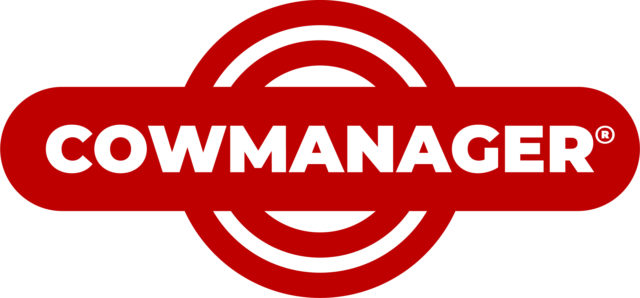With so much noise, how does one cut through the clutter and make an informed decision about what to buy and eat? Here are a few principles I feel need some attention:
1. Isn’t choice awesome?
Let’s start here. We are extremely fortunate to be in a country like Canada with so much food that we can have all these choices. For example, the fact that the egg counter at the grocery store can be a 10-minute experience reading about all the options for types of eggs is awesome. Some people in other countries might be happy to have one egg.
2. Mother Nature is still the real boss of food
Plants and animals are living things. And farmers work with plants, animals and Mother Nature. A severe hailstorm can wipe out a whole year’s fruit, vegetable or grain crop in minutes. A disease can kill an entire herd or flock and devastate a farm family’s income while it breaks their hearts. These animals and plants can’t be replaced by doubling production in a factory somewhere. We’re allowed the luxury of having social discussions about how our food is grown because of our food abundance – and we should never take that for granted.
3. Who wants pesticides or antibiotics in their food?
I’m going out on a twig here with this answer – no one. Of course the ultimate aim for growing food should be with as little chemicals or antibiotics as possible. For anyone who has ever grown a garden and fought bugs or mold, you’ll know that it’s a tough fight (see earlier point about Mother Nature). Now multiply that fight by many football fields for a vegetable or grain farm for scale. Using certain pesticides selectively to save a crop from bugs or disease and multiply the amount of food you can grow by killing out weeds can be a responsible choice. The same applies for organic or conventional farming by the way – with just a different list of options to choose from.
Similarly with antibiotics, the goal should always be to rarely have to use them and maybe even never, if possible. As a farm girl who worked in a vet clinic for several years and studied animal science, I am a huge advocate for improving how we care for animals. Not treating an animal that is sick is the surest way to cause suffering, and it goes against the heart for caring for animals that almost every farmer and the generations that farmed before us lives by.
The “no antibiotics ever” trend needs to have the brakes put on it with a reality check and this question: Why? We can’t feed our country with fear-based marketing decisions. The questions and concerns about antimicrobial resistance are serious and complex. We want to preserve antibiotics for when humans get sick. And we don’t want to eat anything that may have antibiotic residues in it.
Our collective goal should be to have safe food and good animal well-being. Researchers, farmers, veterinarians and governments around the world are working on this.
Unfortunately, their answers and science can’t fit easily on a logo, in a tweet or a headline.
Let’s keep talking. PD
Crystal Mackay is the CEO of Farm & Food Care Canada.











